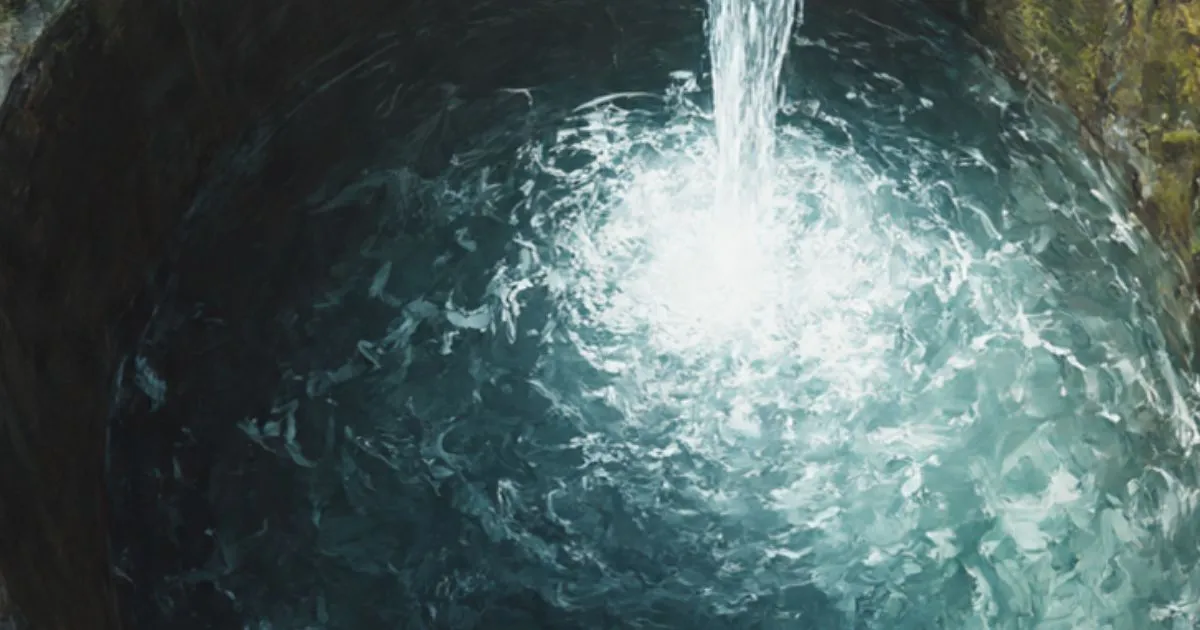Bir Uthman: The First Endowment in Islam by Uthman ibn Affan
Table of Contents
Bir Uthman: The First Endowment in Islam and a Legacy of Generosity
Bir Uthman stands as a monumental site in Islamic history, a powerful symbol of charity established by one of the Prophet’s most noble companions. The story of Bir Uthman is not just a historical account of a well; it is a badge of honor and a testament to virtue, bestowed by the Prophet Muhammad (peace be upon him) upon Uthman ibn Affan (RA). It serves as an eternal rebuttal to the slanderers and the spiteful in every time and place, who to this day dare to accuse and wrong Uthman and his fellow companions, speaking of them as if they were the vilest of people.
The Crisis in Medina and the Prophet’s Call
When the Prophet (PBUH) migrated to Medina, the Muslim community faced a critical crisis: a shortage of palatable water. The sweetest and most reliable water source was a well known as Bir Rumah, but it was in the hands of a greedy, callous Jewish man who sold a single bucket of water for an exorbitant price.
The poor among the Prophet’s companions complained about this injustice. The Prophet (PBUH) then expressed a heartfelt wish, announcing to his companions, as narrated in a Hasan (good) hadith by Al-Tirmidhi: “Who will buy Bir Rumah and make his bucket like the buckets of the Muslims, and for him will be a spring in Paradise?”
Uthman’s Initiative: A Smart Investment for the Hereafter
This crisis found its solution in one man: the ever-generous Uthman (RA). He heard the call from the Messenger of God and recognized it as the most profitable trade: a spring in Paradise. He immediately went to the greedy owner to buy the entire well, but the man refused. Undeterred, Uthman masterfully negotiated to buy half of the well for 12,000 dirhams, on the condition that they would alternate days of ownership.
On Uthman’s days, the water was free for all Muslims, and they would collect enough to last them for two days. Seeing his trade dwindle and his market stagnate, the owner had no choice but to return to Uthman to sell the remaining half. Uthman purchased the second half for 8,000 dirhams, thereby dedicating the entire well to the Muslims without any worldly charge or account. Of course, this refers only to the fleeting material price; the ultimate reward and the greatest account was recorded in Uthman’s scroll of deeds for the Day of Judgment, a day when “Wealth and children will be of no benefit, except for whoever comes to God with a sound heart.” (Quran, 26:88-89).
The Legacy and Significance of Bir Uthman
This act established Bir Uthman as the first permanent charitable endowment (Waqf) in Islam. Its significance was so profound that years later, during the calamitous siege of his home, Uthman (RA) reminded the people of his services. As recorded in Sahih al-Bukhari, he stood before them and said, “I adjure you by God! Do you not know that the Messenger of God said, ‘Whoever digs the well of Rumah, for him is Paradise,’ and I dug it?” The people confirmed it, bearing witness to his unparalleled charity. Remarkably, the conditions set by the endower, Uthman, are still in effect today, with its yields being used for charity.
Location and Physical Description of Bir Uthman
The well is situated in the northwestern part of Medina, near Wadi Al-Aqiq, in an area that became known for its farms and orchards, later called the “Farms of Uthman ibn Affan.”
Key physical specifications of the well include:
- Depth: Approximately 37 meters.
- Diameter: About 4 meters.
- Water Level: The water sits at a depth of roughly 29 meters.
Preservation and Modern Care
Under the custodianship of the Saudi state, Bir Uthman has received significant attention. The site is under the care of the Ministry of Environment, Water and Agriculture and the General Authority of Awqaf. The surrounding land has been developed, with palm plantations whose fruit is distributed to the needy, ensuring the continuity of Uthman’s charitable legacy in the modern era.
Clarifying a Common Misconception
It is important to distinguish the historical Bir Uthman from a modern building. A prominent hotel near the central area of Medina is named the “Uthman ibn Affan Endowment Hotel.” This hotel has no historical connection to the original well. The name was chosen as a reverent tribute by its builders, not as a claim to being the original Waqf.
Where is Bir Uthman? Finding the First Islamic Waqf in Medina’s Al-Azhari District
For pilgrims and history seekers wondering where is Bir Uthman located today, this guide provides the exact details many others miss. Bir Uthman, the original well of Rumah, is not a mythical site but a tangible location in the Al-Azhari district of Medina, approximately 7 km northwest of the Prophet’s Mosque, near the historic Wadi Al-Aqiq. While many articles discuss its story, we give you the precise Bir Uthman location—a northwestern bearing from the Haram—enabling you to locate this first Islamic Waqf on a map and appreciate its strategic importance in providing water to the city, a legacy that continues under the care of the Saudi authorities. Here is Google Maps Location
Conclusion: An Eternal Act of Charity
The story of Bir Uthman is a timeless lesson in faith and selfless giving. It stands as a permanent symbol of how worldly wealth can be transformed into eternal reward. The legacy of Uthman ibn Affan’s generosity, embodied by Bir Uthman, continues to flow, quenching the thirst of the needy and silencing the voices of slander for all time. To explore more early Islamic sites, read about The rivers of Madinah

